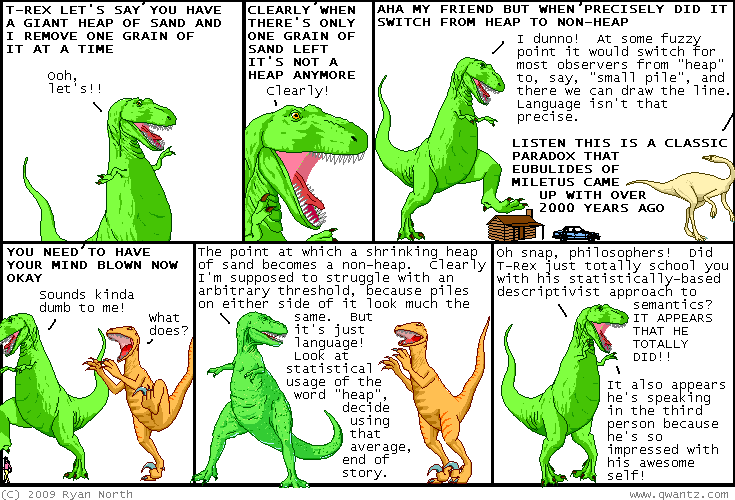Serial improvement
Although I share Geoff Nunberg's disappointment in some aspects of Google's metadata for books, I've noticed a significant — though apparently unheralded — recent improvement. So I decided to check this out by following up Bill Poser's post yesterday about insect species, which I thought was likely to turn up an example of the right sort. And in fact, the third hit in a search for {hemipteran} is a relevant one: Irene McCulloch, "A comparison of the life cycle of Crithidia with that of Trypanosoma in the invertebrate host", University of California Publications in Zoology, 19(4) 135-190, October 4, 1919.
This paper appears in a volume that is part of a serial publication. And until recently, Google Books routinely gave all such publications the date of the first in the series, even if the result was a decade or a century out of whack.
Read the rest of this entry »

